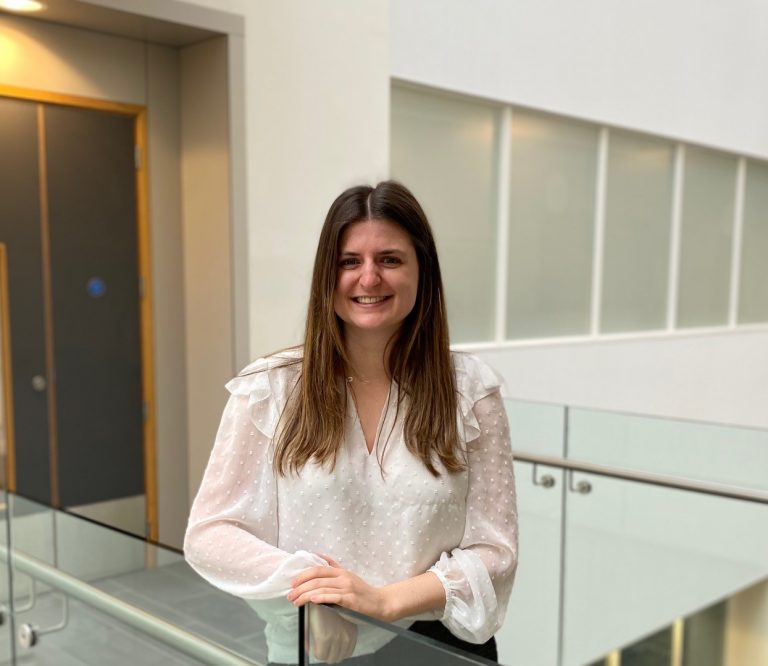So what kind of things does GP involve?
Face to face clinics:
- This is the mainstay of your role as a foundation doctor. Often, you supplement the duty doctors list, seeing more acute presentations. A GP should be named as your supervisor for the day. At the beginning of your placement, you should run through each patient and the management plan with your supervisor. You’ll become familiar with electronic notes systems and safety netting your patients. The Oxford Handbook for GP was an excellent resource and one of the few textbooks I’d recommend purchasing.
Telephone clinics:
- This type of consultation is becoming more and more common in GP as well as secondary care outpatient clinics. It’s a great chance to get experience in this type of communication style. If you’re concerned about a patient, you can bring them in for a face to face appointment.
Home visits:
- These are often given to the foundation doctors and GP trainees. They involve visiting a patient in their own home or doing a ‘mini ward round’ at a care home. You’ll be provided with a ‘home visit bag’ which includes things like a BP cuff, sats probe, thermometer and blood taking equipment. These can be tricky at first, so I’d recommend asking to shadow another doctor at first.
Clinical skills:
- GPs commonly perform venepuncture if a patient needs urgent bloods. GPs perform many different examinations, such as speculums, MSK, testicular examination, DRE and otoscopy.
Referrals:
- You’ll be sending lots of patients for 2WWs. It’s worth getting familiar with the common 2WW criteria. It’s a great learning opportunity to follow up these patients. You’ll also write to secondary care consultants for ‘advice and guidance’, which will test your letter writing skills.
Why should you consider it?
- My GP rotation taught me how to troubleshoot, and problem solve, which served me well for returning to hospital rotations.
- It teaches you to deal with uncertainty and not to rely on unnecessary investigations.
- I learned so many new skills and felt like I was constantly learning. You deal with a wide range of patients, from newborn babies to 100-year-olds. It’s an excellent opportunity to focus on your CV, as it’s a 9-5 job.
Things to watch out for:
- My GP placement did feel lonely at times – you are alone in your own room for most of the day.
- Don’t underestimate the exhaustion of GP – I found it my most tiring placement, as you are constantly seeing patients throughout the day.
- I learned the power of safety netting and careful documentation.
- Always ask for a chaperone during intimate examinations.
Final words
I believe that EVERY doctor should have a rotation in General Practise, whether you want to be a GP or not. It demonstrates the importance of effective communication between primary and secondary care, and when I returned to secondary care, it greatly changed how I write my discharge summaries. You learn a wide range of skills and become an excellent problem solver. It’s also fantastic preparation for the MSRA exam, which is now required for multiple training schemes.


